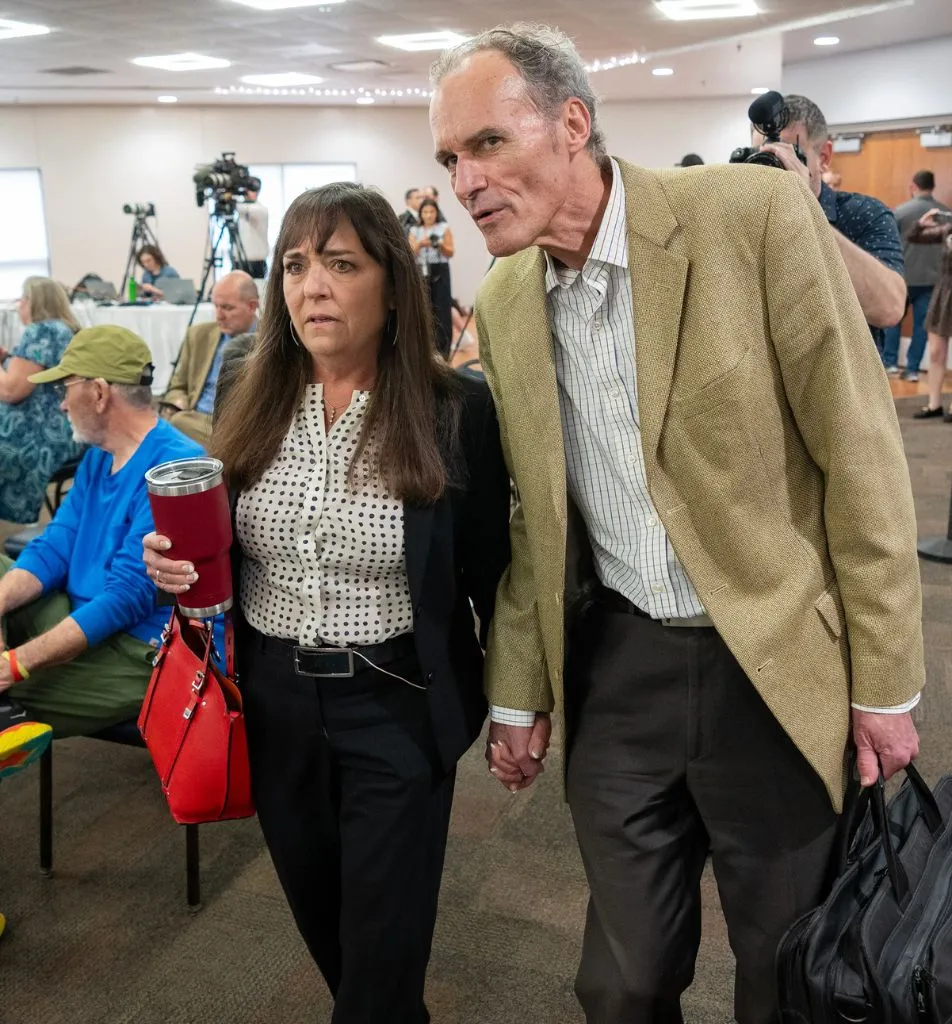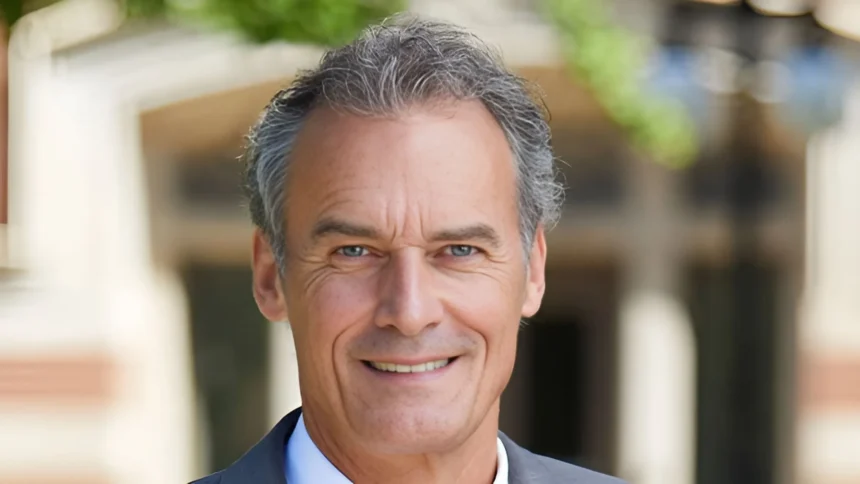Joe Gow, the ex-Chancellor of University Wisconsin-La Crosse, is disagreeing with his termination and saying that UW System Board of Regents’ choice broke his freedom to express. They fired Gow at the end December 2023 when they found out he made pornographic material with his wife and put it up on different sites.
Joe Gow continued to claim that what he did is covered by the First Amendment as a private person. He says the school exaggerated and did not follow its own rules about academic freedom and expression freedom.
Joe Gow had already made a statement that he will leave his position as chancellor when the academic year 2023-2024 comes to an end and return to campus as a communications professor with tenure. The UW System decided to fire him from both jobs. Right now, they put him on paid administrative leave while they review his status as a faculty member.
The ex-chancellor asserts that this choice was made without giving him proper process. Joe Gow states he never got a chance to present his point or have a conversation with the Board of Regents before they took their vote which resulted in termination, all being unanimous.
“I am okay if the regents want to criticize what we’ve done, but when they say I’m going to lose my position, that is a violation of First Amendment,” Joe Gow shared with Milwaukee Journal Sentinel.

Different legal views have been shared regarding the potential strength of Joe Gow’s free speech case. The fact that he is a tenured professor could possibly give him more solid First Amendment safeguards, yet his position as chancellor – which can be terminated at any time, makes things complex.
Chris Terry, a specialist in media law and First Amendment at the University of Minnesota, said that the university probably has ways to handle Gow’s actions as a chancellor which are different from his rights as an individual private citizen or someone with tenure on faculty.
However, the Foundation for Individual Rights and Expression, a group that supports free speech, showed doubt over the UW System’s capability to explain why Gow got fired using information that has been shared with the public.
Adam Goldstein, the vice president of strategic initiatives at FIRE, asked: “In just a week, how much can a campus change? If UW is pressed to show proof in court…”
Goldstein felt unsure about classifying Joe Gow’s case as strong or weak. He proposed that perhaps the UW Regents possess more information which has not been made public yet.
The UW System has given reasoning for its choice, with President Jay Rothman saying that Joe Gow’s behaviors as a leader of the university did not match up to what they expected in terms of conduct. Rothman argued that the First Amendment does not provide him a “free pass to say or do anything that he pleases.”
At the same time, there is a plan for the UW Board of Regents to hold a private session talking about this personnel issue and chances of legal action. Gow has shown that he might start a lawsuit to contest his firing.
Locally, the case is watched closely, and it has been given attention from around the nation. Several academics and people who support free speech have also expressed their views about the involved difficult legal and ethical matters. As the disagreement keeps developing, its result might greatly impact how far we can go with free speech and academic freedom in the UW System as well as outside of it.



